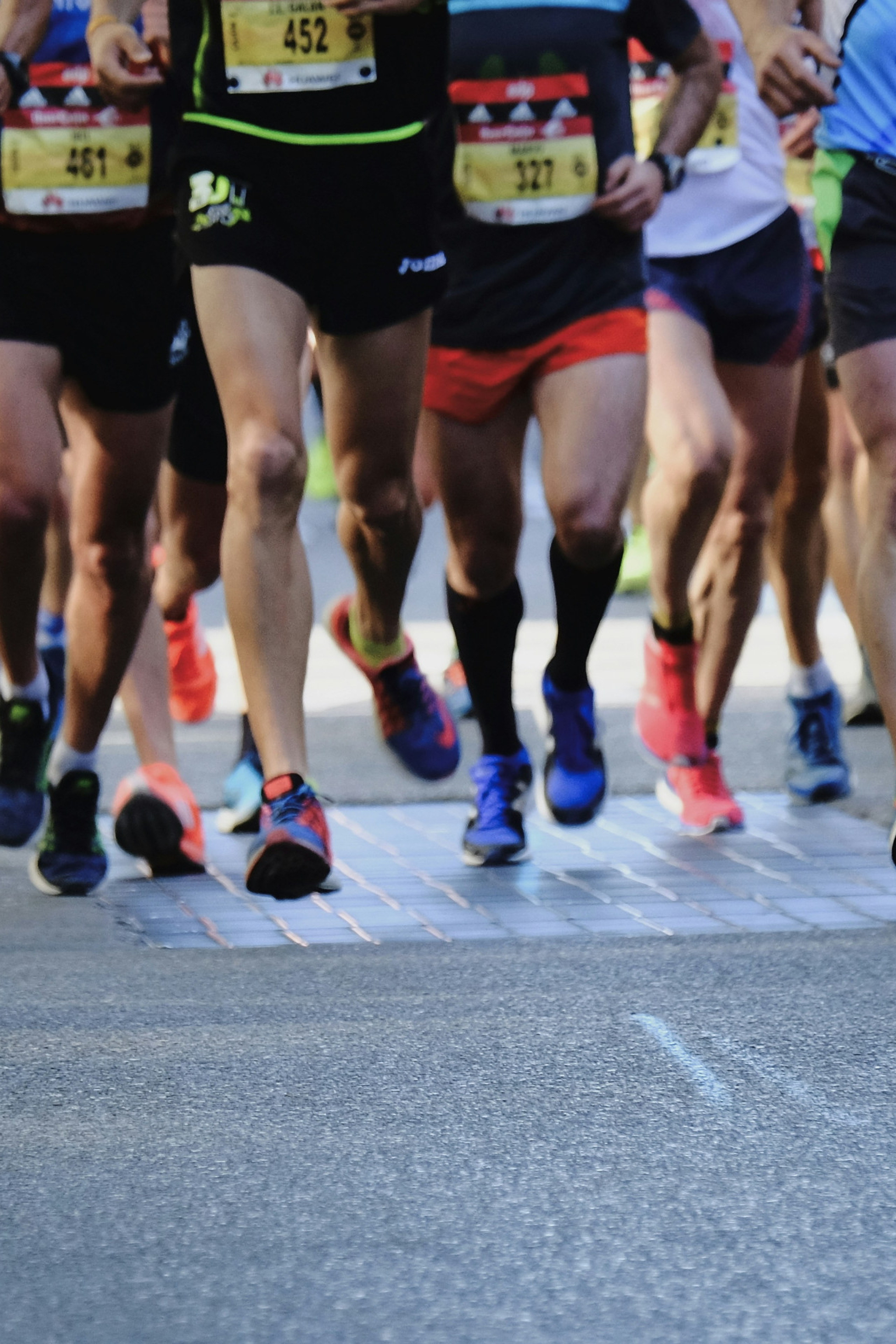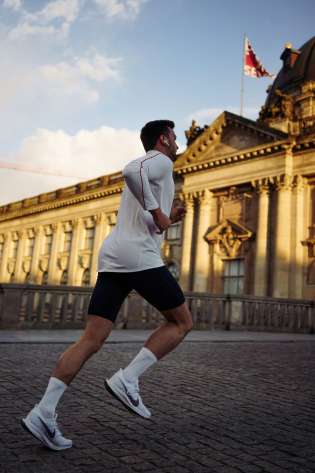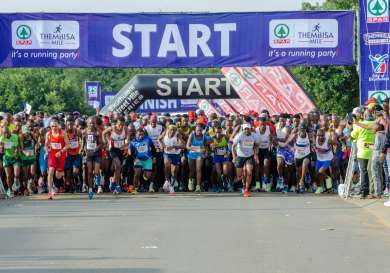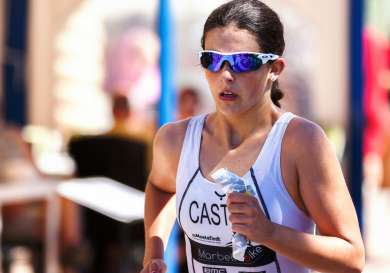Few can deny the running revolution in recent months, with an increasing number of people lacing up their shoes and embracing this exciting form of exercise. With Strava downloads and running club memberships on the rise, the sport offers myriad benefits, from social engagement to the development of physical and mental endurance skills.
While beginners typically start out with a couch to 5K progression, more experienced runners can work their way up to marathons (roughly 26 miles/42 kilometres). To the uninitiated, this distance feels borderline unfathomable, but with hard work and persistence, it is well within the realm of possibility.
For runners seeking a challenge, marathon preparation starts around 12-16 weeks pre-race with a dedicated training regime designed to get you mentally and physically ready.
Given that nobody knows the lay of the land quite like the experts, we spoke to two run coaches from Onetrack Club Run Coach's to get their insight and tips for marathon training, including the fundamental basics like when to start and what to wear.
Below, everything you need to know before planning your marathon training.
How many weeks out should you start preparing?
'I would usually recommend building a base for 4-6 weeks before settling into a minimum 12 week block of marathon-specific training, so that people can get into a routine and understand the different run types, strength & conditioning, mobility and also understand the importance of rest days'. – Mohson Iqbal, Onetrack Club Run Coach.
'There is a vast amount of literature demonstrating the positive effects of resistance (strength and plyometric) training programmes on endurance running (PMID: 27497600, 26694507). While there is typically concern of an ‘interference effect’ when combining the two training modalities (i.e., endurance and resistance training), with proper sequencing of activities and appropriate nutritional strategies, this combination of training can elicit significant improvements in cardiorespiratory fitness as well as upper- and lower-body strength (PMID: 35728627).
In terms of when to start the S&C programme, it would have to be at least a minimum of 3 months before the marathon. Research suggests that it might take 8-12 weeks to elicit meaningful training-related adaptations (PMID: 29075200, 35591809), with longer duration training programmes inducing a greater magnitude of improvement' (PMID: 27497600). – Nakul Kumar, Onetrack Club S&C Coach.
How many times a week should you be training? What distances should you be covering?
'All athletes are different but an example training plan might include 4 runs and 2 cross-training sessions per week. This differs based on athlete experience, training age and goals in mind. It’s also important to consider that athletes enjoy the training block and don’t have to sacrifice too much time away from family and friends'. – Mohson Iqbal.
'The frequency of resistance training will depend on the amount of running volume, but anywhere between 2-3 sessions per week will suffice (PMID: 26694507). During periods of high running volume, isometric training might be a viable alternative for plyometric work' (PMID: 35323106). – Nakul Kumar.
What are a few essential pieces of gear for training/the actual day?
'It’s important to let athletes choose their running kit due to cost – and to learn what products work best for them. In an ideal world, a good all-round shoe for cross-training, a mileage shoe and a performance race-day shoe with carbon-type technology will set athletes up for success. Also, a smart watch (from the likes of Garmin, Apple, Coros) can be useful for Onetrack Club Coaches to offer bespoke advice off the back of training data. Running vests are crucial for longer workouts and to have capacity to carry all the essentials. I like to carry water, gels, battery packs, electrolytes, Oakleys, 1st aid kit, Maurten bars, AirPods and more'. – Mohson Iqbal.











